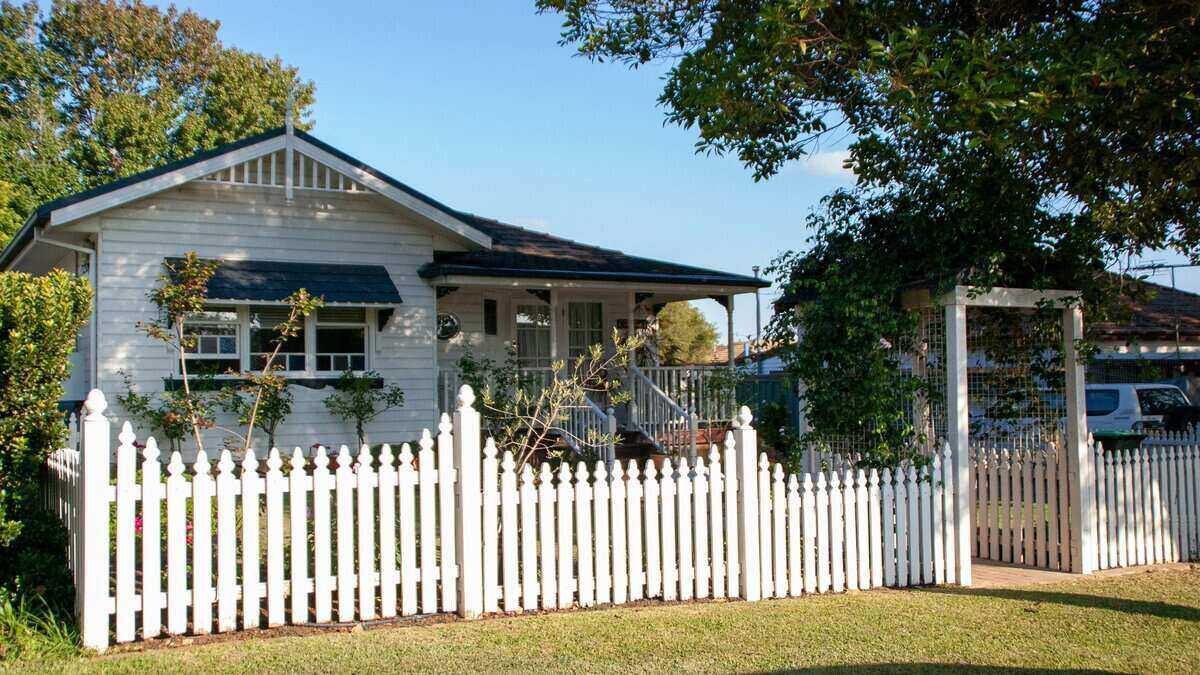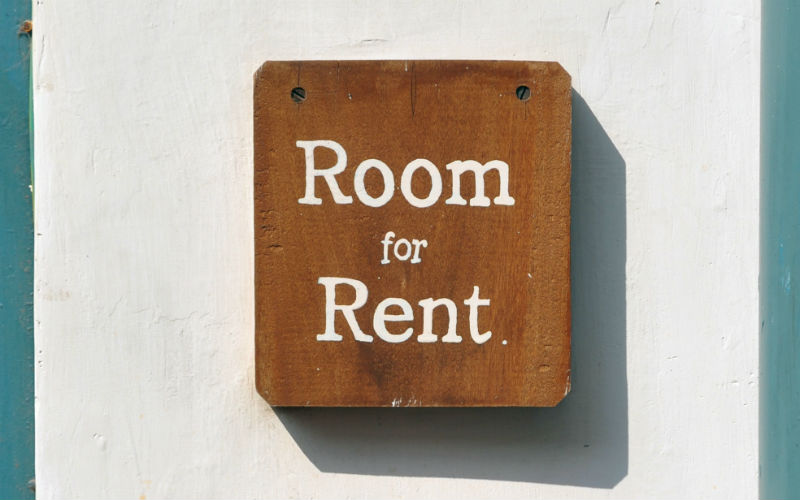Selling a home can be a long and arduous process for any property owner, let alone investors seeking to maximise their returns. To discover some helpful tips, Savings.com.au spoke to a range of property experts.
How to sell an investment property
The channels used to sell investment properties are the same ones typically used to sell owner-occupied properties: via auction, through a real estate agent, or if you’re feeling brave, you could try and sell it yourself.
CEO and co-founder of Freedom Property Investors Scott Kuru told Savings.com.au he advised people to use a real estate agent when selling their investment property.
“Really, whatever your profession you are good at, do that and let those who are good at selling property do the selling of your property,” Mr Kuru said.
“Picking the right agent, however, can be a process and there are a few things one should consider too, but letting an agent handle the sale is definitely worth it.”
Property investment adviser Niro Thambipillay from investmentrise.com.au echoed Mr Kuru’s sentiments, telling Savings.com.au a good local real estate agent should be your first port of call when looking to sell.
“Unless you feel comfortable entering into negotiations and giving up your weekends, it is best to leave this to a good agent,” Mr Thambipillay said.
There are some differences in the process of selling an investment property versus the home you live in. For example, it’s usually best to try and sell the property when there are no tenants, as tenants obviously have rights with regards to the home, and in a worst-case scenario, you could end up in a legal battle.
[Read: How to sell an investment property with tenants]
Mr Thambipillay said putting the home on the market after tenants had left was typically the best course of action.
“This will make it easier for prospective buyers to gain access to the home. Also, new buyers can see how they would live in the home, as opposed to potentially being negatively influenced by the tenant.”
Selling an investment property doesn’t have to be an all or nothing decision. Depending on the property and your financial circumstances, it may be possible to sell part of the ownership of the home.
You may be able to do this through joint tenancy, where you own the property equally with one other person, or tenants in common, where a number of people can own a share of the property.
Veronica Royal, co-founder of Airlisting, told Savings.com.au that however you decide to sell the property, a quick sale which maximises profits is key.
“In the sale of an investment property, the seller needs to try and maximise the amount of money they walk away with,” Ms Royal said.
“This means figuring out how to simultaneously get the most amount of money for the asset, in the shortest amount of time and for the lowest out-of-pocket cost.”
What to consider prior to selling your investment property
One of the most important things to consider when to selling your investment property is capital gains tax (CGT).
A capital gain is essentially the profit you make from selling an asset and CGT is the tax incurred on this profit. Importantly, if you’ve held the asset for longer than 12 months when it comes to selling, you’re entitled to a 50% discount on the capital gain. If you’ve held it for less than 12 months you’re required to pay CGT on the entire capital gain.
Ms Royal said ideally you want to be selling your investment property opportunistically for a great price, but if this ideal exit you planned for when purchasing the home, there are a number of things to consider.
- “Is it a great time to sell this asset OR do I need to sell this asset?”
- “What is my investment property worth in today's market and will selling achieve the outcomes I need (noting that often what a real estate agent will tell you they can achieve in a sale and what price is actually achieved are often not the same)?”
- “How can I maximise return from the sale?”
Mr Thambipillay said selling an investment property needs to be a part of a long-term strategic plan and even so, investors should be asking themselves some questions prior to selling:
- “Is now the right time to sell the property? Always sell into a rising market when there is massive demand for property.”
- “Have you considered the capital gains tax implications of selling your property?”
- “What can you do to the property, so it has the broadest possible appeal to buyers? Remember, you might have bought it as an investment, but the potential buyer could be someone who wants to live in the home. So, is there anything you can do to make it seem more homely, without spending a huge amount of money?”
Mr Kuru said real estate generally keeps going up in value over time, so you should consider whether you absolutely need to sell, prior to engaging in the process.
“Even if your property is not throwing off massive amounts of money right now, it is likely that it will over time,” he said.
“Once you sell you are not likely to be able to buy back into the same location again at the same price. But, let’s say after all considerations - selling is the best option, then getting it ready for sale is paramount. After all, we fix things and polish our cars before we sell them, right?”
When is the best time to sell your investment property
Mr Kuru said he analyses a number of factors and market trends to understand when may be a good time to sell.
“This means I look at various factors such as population growth, infrastructure spending, proximity to work centres, education, shopping and a ton of other factors to determine if I buy or sell in a location.”
He added if house prices were rising he wouldn’t sell and even if they were falling he would do his due research before jumping into a sale.
“If they [house prices] are falling, well, is it a seasonal trend or economy-based swing which could swing back in a foreseeable time?
“Again, I would be scrutinising the sale first, but if it has to be sold for the right reasons, then any time is a good time really. Keeping in mind that if you are selling it as an investment to an investor you want to promote it on its merits as an investment property too.”
Mr Thambipillay said the best time to sell is when it was right for you and your investment and financial goals.
“And ideally if it is also a steeply rising market, so you can sell it quickly and for a good price,” he said.
“This is even more important if you want to sell it vacant (i.e.: without a tenant). You don’t want the property to sit on the market too long without a tenant while you wait for a buyer, as it can hurt your cash flow.”
Ms Royal said real estate was all about supply and demand, and although conditions didn’t appear to be strong, now may be a good time to sell.
“At present there is a lack of high quality properties on the market, but not a lack of buyers,” she said.
“So depending on the type of property, now might be a good time to sell. The time to try to avoid selling is when the market is flooded with comparable properties and demand is not very high.
“Selling in a saturated market will always lead to sub-optimal outcomes for the seller.”
Tips on how to sell your investment property
Mr Kuru said too many investors approached their sale with little to no effort, and with first impressions so important, presentation was key.
“Decluttering and staging your investment property will definitely be worth it. Perhaps you can collaborate with or incentivise the tenant to help with getting really good professional photos taken.
“While the numbers will of course make a central aspect, having strong images will create greater buyer appeal, be it online, in ads or in a real estate agent’s window.”
Ms Royal said reviewing the sale prices for comparable properties was key to understanding the value of your asset.
“With time being money for you, a quick sale at a great price is imperative. This can only be achieved if the initial list price is realistic enough to attract people to come and inspect.”
She also encouraged to sell without tenants in the home as they do not need to be cooperative in the sale.
“I have seen tenants very negatively impact sales outcomes. Further, owner-occupiers will almost always pay more for a property than an investor.
“Therefore, you should be aiming to sell the asset to an owner-occupier who can imagine the home being their home when they inspect.”
Mr Thambipillay said too often investors were cheap in the selling process, which affected the price it was sold for.
“Many people can walk into a property and see that it was formerly an investment because, even if the tenant keeps the property clean, the landlord hasn’t treated the home with a lot of ‘love’ and let things just run down.
“That will reduce the perceived value of the property and give the buyer the notion that he or she can get a discount.”
Common mistakes investors make when selling
Mr Kuru said only a very small percentage of the population owned more than one investment property, showing they may not best know how to manage an investment portfolio.
“This means they could easily make mistakes - including selling their investment when it is perhaps not necessary or is the best option,” he said.
“There are always more ways than one to access funds, be it using the equity to draw against or refinancing for an example. With interest rates at 3%, loaning against equity is definitely the way to go. Selling should be the last, last, last option.”
Mr Thambipillay said when investors see their property drop in value, they freak out and sell, forgetting property investment was a long term game.
“If you believe in the long-term fundamentals of an area and you can afford the holding costs, it will almost always be better to hold for as long as you can,” he said.
Inversely, he said another common mistake was people also often sell because their property has risen in value,
“Would it not be better to hold on for even longer and make a larger gain?”
“Whenever you sell a property, you give up any future gain that property might have. So, you need to be clear on why you are selling and what your plans are for the money that you hope to realise.”
Savings.com.au’s two cents
Perhaps the hardest thing about selling an investment property isn’t the selling process itself but what you should consider prior.
Property investment is a long-term strategy to grow wealth and getting into the property market is no easy feat, one which shouldn’t be easily foregone.
If you have to sell, consider using a local real estate agent and/or consulting a financial adviser before doing so.

Ready, Set, Buy!
Learn everything you need to know about buying property – from choosing the right property and home loan, to the purchasing process, tips to save money and more!
With bonus Q&A sheet and Crossword!



 Harry O'Sullivan
Harry O'Sullivan
 Rachel Horan
Rachel Horan













